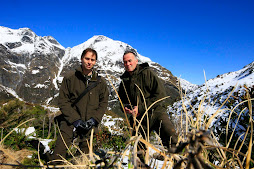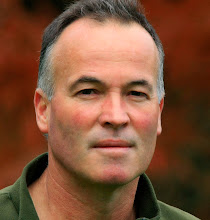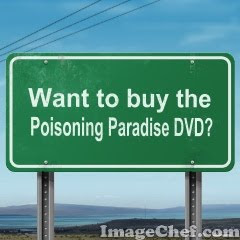Council urges AHB review
By Laura Mills Hokitika Guardian Wednesday 11th August, and also Greymouth Star 11th August - Council demands AHB review
The Westland District Council has called on Parliament to not only cease all aerial 1080 drops, but review the entire Animal Health Board (AHB).
Mayor Maureen Pugh recently tabled a petition before Parliament's local government and environment select committee indicating that at least 90% of Westland residents were opposed to the toxin.
The committee then called for submissions, which have now been publicly released.
The Westland council's submission urged that "mass poisoning" be halted immediately until there could be a properly designed and executed study, independant of the Department of Conservation and Animal Health Board, showing the benefit of 1080.
The council also noted concern that, as a charitable trust, the AHB was not subject to the Official Information Act, and should be reviewed to see if it offered value to the taxpayer.
"The inability for the public to have access to the information held by the AHB breeds suspicion and mistrust within the community."
It said the AHB had avoided formally recording stock deaths.
"The tolerance for 1080 poisoning is at an all-time low and alternatives 'must' be trialed," the council submitted.
Against that, the Animal Health Board's submission said that in the past decade its strategy of using 1080 to kill possums had been effective in reducing Tb-infected herd numbers.
However, the West Coast still had disproportionately high infection numbers: "The region holds about 4% of all cattle and herds in New Zealand yet has over 30% of the nation's infected herds."
It said the Environment Risk Management Authority (Erma) had reviewed 1080 three years ago and found its use outweighed the adverse effects.
The board noted that the council had offered to work with the AHB and DOC to look into alternatives to the toxin, and while it was happy to do so, "we do not see any realistic prospects."
It had engaged independant survey professionals and in December 2009, 52% of those interviewed did not like 1080, but accepted the need for its use, the AHB submitted.
DOC was the third party to make a submission, and said the case for the continued use of aerial 1080 was "compelling."
It presented case studies, which showed 1080 was the cheapest option - in the Cascade this year the cost of ground control was $48.70 a hectare, compared with $17 a hectare for aerial control. The total saving by using aerial poison was close to $1 million.
Select committee chairman, the West Coast - Tasman MP Chris Auchinvole, yesterday could not say when the submissions would be considered: "It's on the timetable for consideration."
Subscribe to:
Post Comments (Atom)







No comments:
Post a Comment